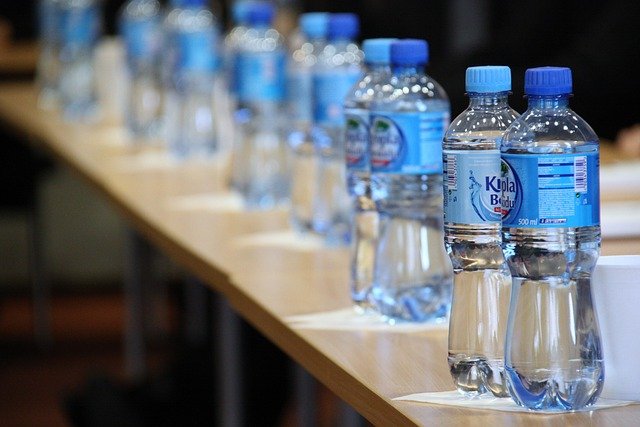Essential Labels to Use with Bottles and Jars

The conditions that your goods will be exposed to heavily influence which label material is going to be the greatest option. It is also crucial to select the appropriate label material for containers such as bottles and jars that may be exposed to moisture, heat, or refrigeration. This article takes a look at some of the most essential considerations that should be made when choosing a label for glass jars and bottles.
Labelling Considerations with Regard to the Environment for Glass Bottles
Many different applications may be found for goods that have been preserved in jars and bottles made of glass. When deciding between different kinds of label materials, you need to be sure to keep the product’s surroundings in mind.
Labels created from particular materials are susceptible to damage from a variety of environmental elements, including humidity, heat, oil, and other substances. You may want to search for the best label printing for glass bottles and jars, but it all depends on the nature of your product and how your consumers utilize it.
Moisture Proof
Condensation will most likely form on the surface of beverages that are stored in glass bottles for the majority of their lifespan. It is also usual practice to cool wine or beer in a bucket of ice, which significantly increases the amount of moisture exposure.
Because of this, the labels used on beverage items have to have a high level of resistance to moisture. You want your product to appear as good as possible at all times, regardless of where it is displayed — on the counter, in the refrigerator, or in a bucket of ice. Your brand will not project a favourable image if the paper label on your product becomes wet and begins to discolour and peel.
Resistant to Heat
Jars that hold candles are frequently exposed to heat for significant amounts of time. You do not want your clients to see the label on their candle flaking off or becoming brown as the candle is used. If you choose a label that can withstand high temperatures, your candle jars will retain their beautiful appearance from the very first to the very last time they are used.
Low pH or a High Resistance to Acid
It’s common for foods like ketchup and other types of condiments to have a high acid content, especially when they’re packaged in glass jars or bottles for sale. Certain kinds of labels can be more quickly degraded by environments with low pH and high acidity.
Look for craft condiment label alternatives that are resistant to deterioration in the event that part of your finished product is accidentally dripped or spilt on them while you are shopping for labels for your finished product.
Oil Resistant
Essential oils and cosmetics are two examples of products that might easily spill out of their containers. Certain kinds of labels, such as unlaminated paper labels, are prone to oil absorption, which can cause the labels to darken or change colour.
If you choose a label for your cosmetic and essential oil bottles that is either laminated or made from a synthetic material such as polyester, it will continue to look fantastic even if the substance inside is spilt while it is being used.
When used outside, UV Protective Products are likely to be subjected to a significant amount of sunlight. Certain materials swiftly deteriorate under the influence of UV radiation, which causes the materials to fracture and peel. If you choose a label that offers ultraviolet light defence, your jars and bottles will retain their perfect appearance even after being exposed to the sun for some time.
The Finest Options Available for Labeling Glass Jars and Bottles
There are five major-label materials that manufacturers use for items that are packed in bottles and jars. These materials may be found in the table below. This is the information you need to know about each option.
Vinyl
Vinyl is an excellent material for covering glass jars and bottles. It may be readily moulded into irregularly shaped containers and containers with a narrow radius since it is flexible. Because it can withstand a great amount of heat, it is a good choice for use with candles. Because vinyl is resistant to moisture, oils, and foods with a low pH or high acidity, it is an excellent choice for labelling alcoholic beverages, wines, essential oils, and cosmetics.